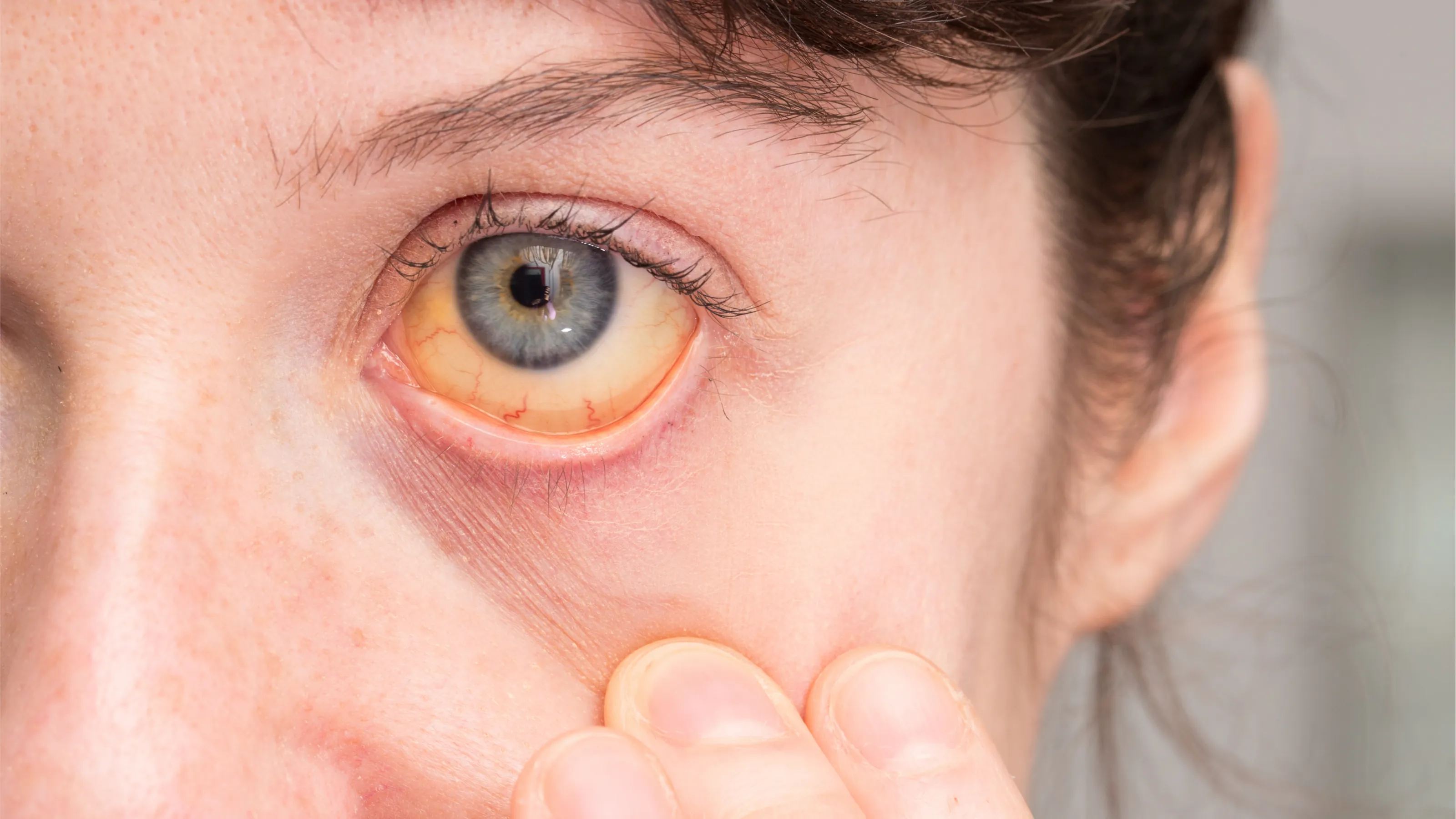Hepatitis is a term used to describe inflammation of the liver. The liver is a vital organ that plays a central role in many of the body’s functions, including filtering toxins from the blood, storing energy, and making proteins and other substances that the body needs to function properly. There are several different types of hepatitis, including hepatitis A, B, C, D, and E, and each type is caused by a different virus or agent.
Symptoms of hepatitis may include:
- Fatigue
- Nausea
- Loss of appetite
- Fever
- Joint pain
- Abdominal pain
- Jaundice (yellowing of the skin and whites of the eyes)
- Itching
- Dark urine
- Clay-colored stools
The severity and specific symptoms of hepatitis can vary depending on the type of hepatitis and the individual. Some people with hepatitis may have no symptoms at all, while others may experience severe symptoms.
Treatment for hepatitis can vary depending on the type of hepatitis and the severity of the infection. In some cases, hepatitis may resolve on its own without treatment. However, in other cases, treatment may be necessary to help manage symptoms and prevent complications.
Treatment options for hepatitis may include:
- Antiviral medications: Antiviral medications can be used to help fight the virus and prevent it from replicating. These medications are usually recommended for people with hepatitis B or C.
- Interferon: Interferon is a type of medication that can help to boost the immune system and fight the virus. It is usually used in combination with other medications for the treatment of hepatitis B and C.
- Corticosteroids: Corticosteroids are a type of medication that can help to reduce inflammation. They may be used to help manage symptoms of hepatitis, particularly in people with autoimmune hepatitis.
- Lifestyle changes: Making lifestyle changes, such as avoiding alcohol and getting vaccinated against hepatitis, can help to prevent the development of hepatitis and reduce the risk of complications.
- Supportive care: Supportive care can include measures such as bed rest, fluid and electrolyte replacement, and pain management to help manage symptoms and prevent complications.
Hepatitis A and E can usually be prevented through vaccination. There are also vaccines available for hepatitis B, which can help to prevent the development of chronic hepatitis B. In addition, practicing safe sex, avoiding sharing needles, and washing your hands thoroughly can help to prevent the transmission of hepatitis.
It is important to seek medical attention if you think you may have hepatitis. Early diagnosis and treatment can help to prevent complications and promote a full recovery. Your healthcare provider can recommend the appropriate treatment based on the type and severity of your hepatitis.

 Home
Home Health
Health Diet & Nutrition
Diet & Nutrition Living Well
Living Well More
More












